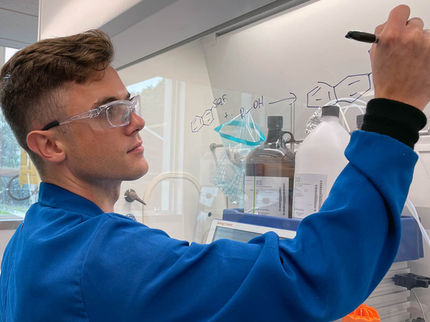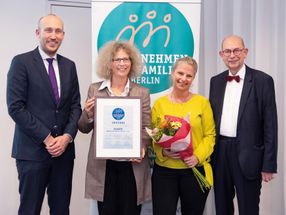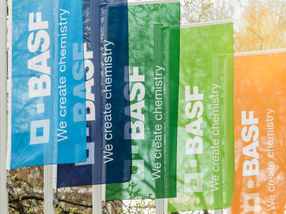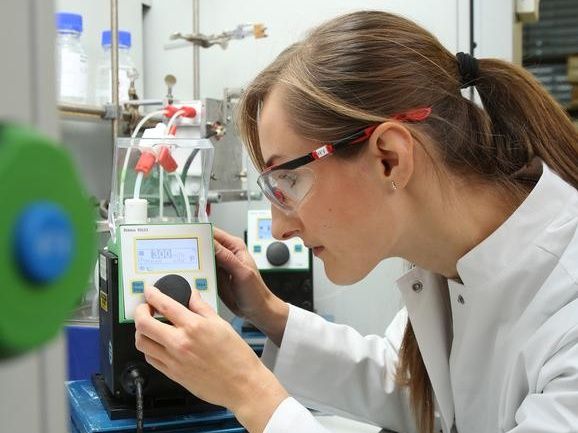Data-Boost for New Catalysts and Chemical Reactions
A Europe-wide network enables graduate education in modern data-driven methods for the development of catalytic reactions
Advertisement
March 2025 marks the begin of a new „Marie-Skłodowska-Curie doctoral network” titled “CATALOOP - Closing the loop in stereoselective catalysis with data-driven approaches”. This collaborative networks brings together twelve research groups from all over Europe from the fields of catalyst research and data-driven methods in chemistry. As part of the training, the graduate students will work on hard-to-realize catalytic transformations, but will also have the opportunity to apply their skills with one of nine industrial partners. The network is funded by the European Commission with about 2.8 million Euro (of which about 20% is remaining at Chemnitz University of Technology).
To dive a bit deeper into the research: Catalysts are crucial for all kinds of processes in the chemical industry. As a matter of fact, catalytic reactions have been identified as cornerstone technology for green and sustainable chemistry. In the typical approach, new catalysts are being developed in a time and resource-intensive manner, which will optimize after each other key parameters of the reactions such as temperature, concentration, reaction time or pressure. This takes a significant amount of time. This is why methods from data science have appeared also on the scene of synthetic chemistry in the lab. New computer-based methods allow for the parametrization of catalyst molecules and for the use of statistics to optimize the catalysts of interest in a iterative process. This process of optimizing chemical reactions leads to shorter research an development times.
„While the basic methods for data-driven research and development processes are generally known, the exact how-to’s and procedures have not found broad entry into the experimental research groups. One reason for this could be that many of the synthetic chemical research groups have a certain distance to the rather theoretically-driven groups,” says Prof. Dr. Johannes Teichert, professor for organic chemistry at Chemnitz University of Technology and spokesperson of the CATALOOP network. At the same time, the ability to work hand in hand with data science also requires a broader education. “The CATALOOP networks aims to bridge this gap by introducing a joint initial phase in which all researchers develop a common language for their individual research and learn key methods,” adds Teichert. Afterwards, they continue by working in mixed teams of three, keeping synthetic and theoretical chemists in close collaboration. In the end, the data-driven research method will be applied to difficult-to-realize chemical transformations.
Another clearly states goal of the CATALOOP network is to simplify the entry to data-driven chemical research for the general research community: “It is the aim to provide a clear handbook or tool from the experience of this network in which important learnings and working protocols are provided for other researchers,” says Teichert.






























































